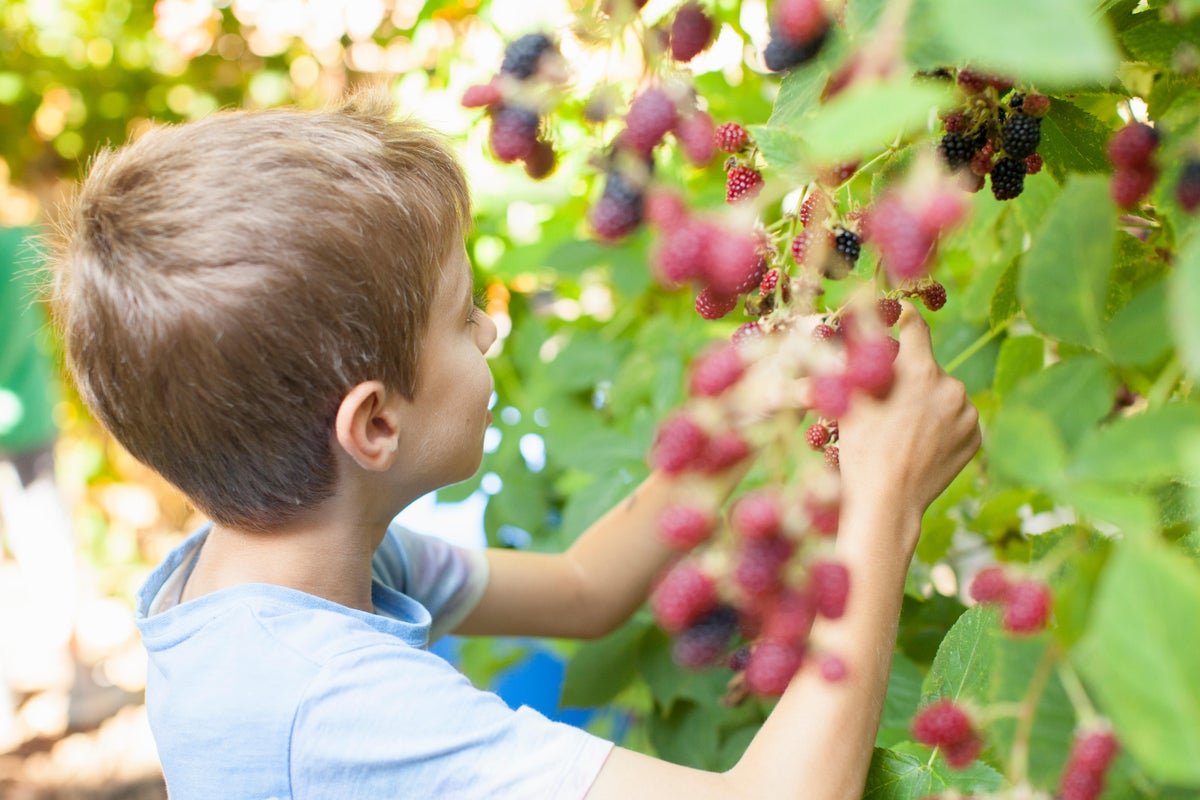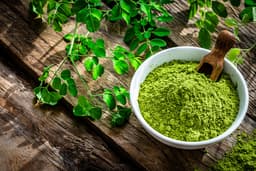Home / Health / Australia Suspends Pesticide Use on Berries to Protect Children
Australia Suspends Pesticide Use on Berries to Protect Children
14 Nov
Summary
- Australia suspends use of dimethoate pesticide on berries
- Increased berry consumption raises exposure risk for young children
- Washing berries can substantially reduce dimethoate residues

In a move to protect public health, Australia's regulator has suspended the use of the pesticide dimethoate on several berry crops, including blueberries, raspberries, and blackberries. The decision by the Australian Pesticides and Veterinary Medicines Authority (APVMA) comes as a result of increased berry consumption in the country, which has raised the potential exposure risk for young children aged 2 to 6 years.
Dimethoate, a pesticide that has been used in Australia since 1956, belongs to a class of chemicals that can be harmful to both insects and mammals, including humans. While the APVMA states that the current trace levels of dimethoate on berries are unlikely to pose a serious risk to health, the regulator has opted for a precautionary suspension as a safety measure.
The suspension, which is set to last for one year, is not due to any new information about the pesticide itself. Rather, it is a response to the significant rise in berry consumption, which has increased by 285-962% compared to the levels considered in the APVMA's previous assessment in 2017.
To mitigate the potential risks, the APVMA recommends that consumers continue to enjoy berries, but advises washing them thoroughly to help remove any residual dimethoate. While washing may not eliminate all traces of the pesticide, it can substantially reduce the levels, allowing people to continue reaping the benefits of these nutritious fruits.




